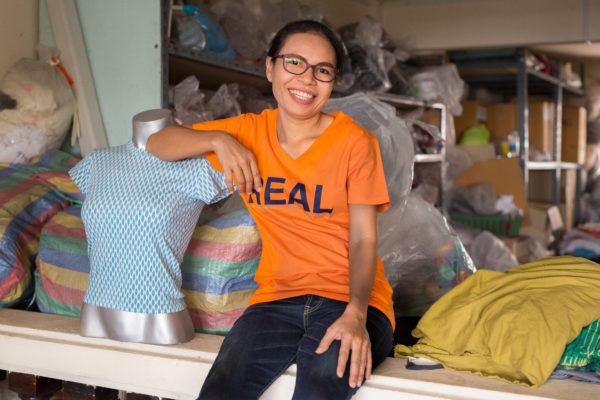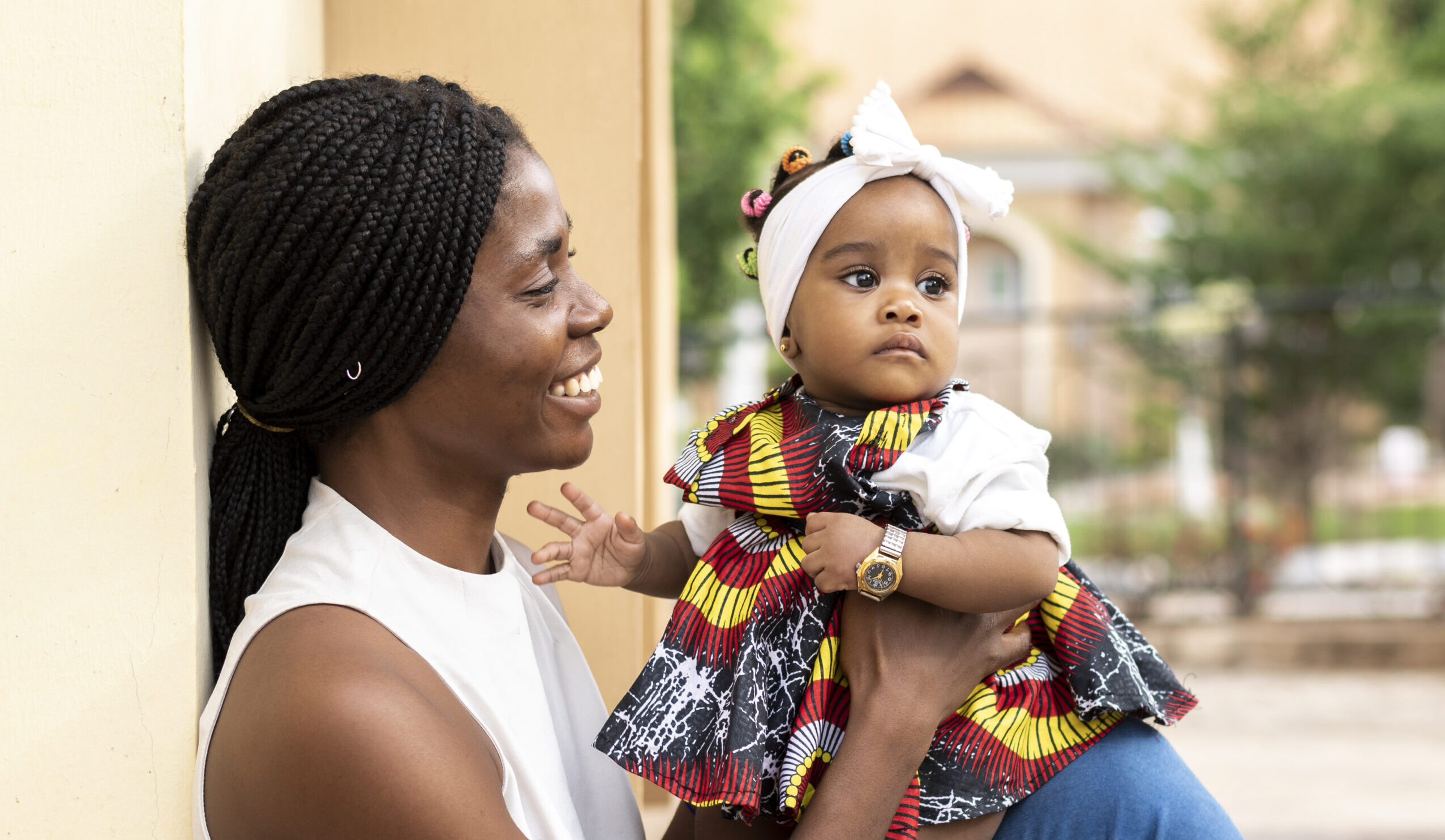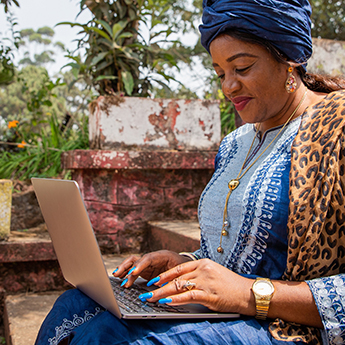
News
The latest from FP2030
February 8, 2024
FP2030 Newsletters
Previous

Supply Chain Management improves access to contrac...
Next

Ethiopia signs agreements to increase access to fa...
Source: FP2030
Dear colleagues,
Have you heard our recent announcement? FP2030 is proud to share the launch of a new funding mechanism, the FP2030 Partnership Fund. This fund is uniquely tailored to meet the needs of organizations or stakeholders that might not be served by traditional funding models, particularly youth-led organizations, feminist or grass-roots organizations, and a variety of other stakeholders. Between now and June 2025, FP2030 will launch several specific challenges, and a call for applications from groups that believe they can help solve these issues. I’m really looking forward to hearing the creative ideas of so many in this field. The first challenge is now live on our website and open to nine countries in Africa.
We know that money and power often go hand in hand, and we hope this fund helps direct money to those working within their own communities to create lasting change. In line with this important work, I was proud to contribute to a new report from the World Economic Forum, Closing the Women’s Health Gap: A $1 Trillion Opportunity to Improve Lives and Economies. I encourage those of us working in family planning to continue to make the investment case for this field, and champion the ROI across other development silos.
This is an exciting way to start the year! In this newsletter, you can also hear from all five of our global Managing Directors, each overseeing a newly launched FP2030 Regional Hub, about what they hope to achieve in 2024. Seeing the Global Support Network truly off the ground and engaging with and leading work in their regions is exciting, and I’m thrilled to continue this work with you all. The new FP2030 Global Support Network is truly off and running.
Onward!
Samukeliso Dube FP2030 Executive Director
New Funding Opportunity: The FP2030 Partnership Fund
Through the Partnership Fund, FP2030 will release several specific challenges that organizations can propose solutions for and apply for funding to make their plans a reality. The first challenge: How can countries increase budgetary allocations for family planning to ensure sustainable financing and transparent expenditure monitoring?
Think you have an idea? Learn more and apply for funding on the FP2030 website. This first challenge is open to civil society groups in Cameroon, Central African Republic, Liberia, Mali, Mozambique, Rwanda, Tanzania, Togo, and Zimbabwe.
Looking Ahead: Our plans for 2024
FP2030 hit a major milestone last year when hiring for all five regional directors was complete. Now, hear from each FP2030 Managing Director about what they hope to achieve for their region in 2024. Read more from all the managing directors.
More from FP2030 Regional Hubs: From Asia and Pacific: There can be no universal health coverage without family planning; and integration of family planning in the universal health coverage agenda. From East and Southern Africa: Supply chain management improves access to contraceptives in Angola.
Closing the women’s health gap: A $1 trillion opportunity to improve lives and economies
Over the past two centuries, the rise in life expectancy—for both men and women—has been a tremendous success story. Global life expectancy increased from 30 years to 73 years between 1800 and 2018. But this is not the full picture. Women spend more of their lives in poor health and with degrees of disability (the “health span” rather than the “life span”). A woman will spend an average of nine years in poor health, which affects her ability to be present and/or productive at home, in the workforce, and in the community and reduces her earning potential. Learn more.
In Other News
In order to better understand country commitment best practices and lessons learned, including specific technical areas of focus, a team of FP2030 focal points, with support from Knowledge SUCCESS, conducted key informant interviews with in-country stakeholders in nine countries and the FP2030 Support Network. Their insights are now captured in these case studies.
This article highlights why integrating contraceptive services within maternal and newborn health programs is essential for improving outcomes, and offers effective, actionable recommendations that can be implemented easily.
DKT recently partnered with the William H. Gates Sr. Institute for Population and Reproductive Health at Johns Hopkins University to estimate DKT’s overall contribution to a given country’s progress on contraceptive use in seven country markets, revealing some exciting trends.
This new toolkit guides social and behavior change and family planning practitioners on how to test six solutions (i.e., prototypes) addressing contraception discontinuation in their local context. Tested once in the Philippines, these prototypes are meant to be tested again and adapted for local use so that they meet the needs of providers and of women seeking contraception in a variety of countries.
Metrics matter in every aspect of development programming. Metrics for Management provides data-driven global health insights to improve population health and health equity by helping clients identify critical information.
Save the date (February 6) for this upcoming webinar: Advancing Universal Health Coverage in the Digital Age – A civil society consultation to inform UHC2030’s work on digital health.
USAID’s MOMENTUM Country and Global Leadership is pleased to share a new interactive report, Youth-Led Social Accountability for Health. This youth-friendly report includes videos, interactive graphics, and stories that summarize the activities, learning, and impacts of a partnership between MOMENTUM Country and Global Leadership and two youth-led organizations to advance youth-led social accountability learning and practice.








